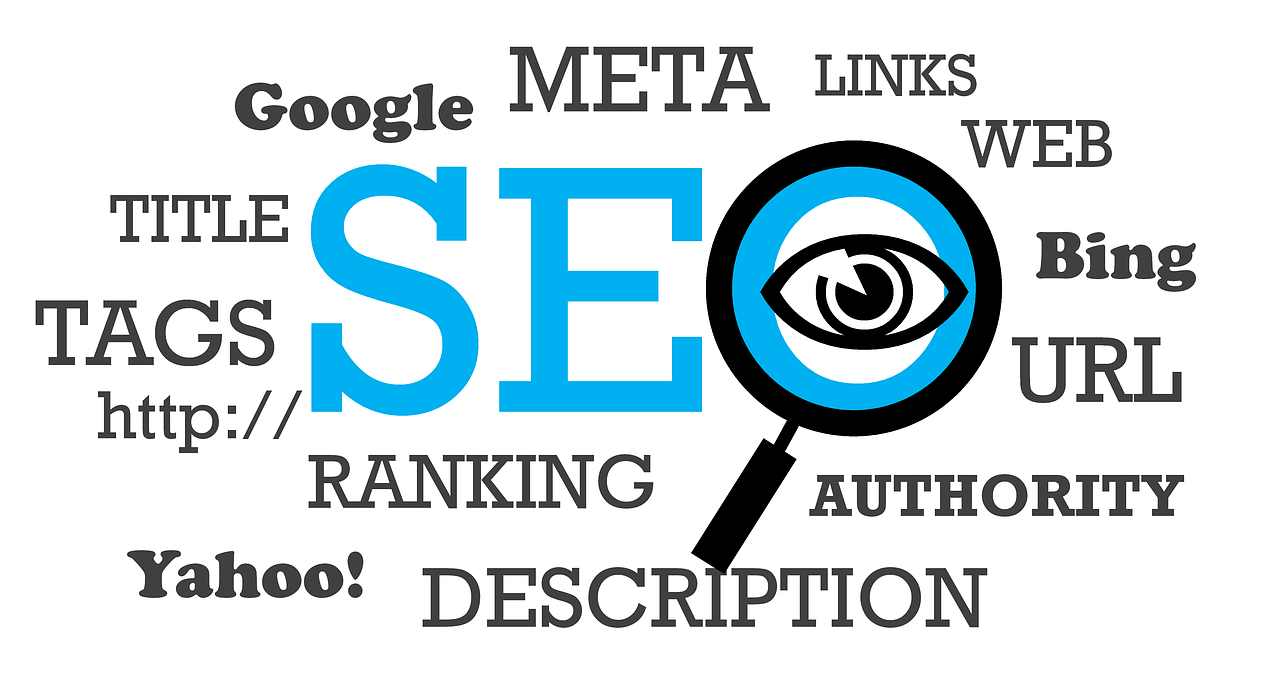The internet is full of blogs. Here’s how to create one that stands out and gets traction.
Reality Check
You are not a writer, you are a marketer
I never set out to be a blogger. I enjoy writing, and a blog is a natural forum for it. The first thing to realize in writing for your blog is that unless you learn how to market, then your blog will be the near equivalent to a private diary. Just because your website is public and accessible throughout the world, doesn’t mean anyone will find it. Before starting a blog, have a moment of introspection about whether you’re committed and interested in becoming an expert marketer. For many, writing is easy, marketing is hard.
You are not starting a blog, you are starting an ecosystem of online properties, one of which is your blog

Along the same lines as above, your blog is just the start. Once you select a blog name, you then need to register for all the relevant social media and social news accounts. This starts with Facebook and Twitter, then includes Pinterest, Instagram, YouTube, and can go on and on. In the beginning you’ll just register the names, but ultimately each of your online profiles should be built up and maintained, along with your blog.
Don’t forget the newsletter
A beautiful, HTMLified newsletter is a requirement for any blog. You want to attempt to collect the email addresses of everyone who comes by your site and notify them periodically about the latest updates. There are many tools that help with this.
What are you writing?

Many people, including myself, went into blogging, because a love for writing. But wait, that’s not true. I like writing what I like writing. I don’t always enjoy writing what other people might like me to write. Press releases, documentation, reviews of bland products, are lower on the list of things I enjoy writing about. But, sometimes people would pay me money to write about them. And so a wealth of topics I found boring entered the stream of articles I created. What’s more, when people pay you to write about them, they expect you to sing nothing but praises. Readers in turn yawn, and leave.
You aren’t allowed to get paid
According to this FTC mandate, bloggers must disclose when they’re compensated for reviewing products or businesses. I left a general FAQ on my site indicating all articles were inherently promotional in nature and may be considered paid. This likely should be updated on the article pages themselves with the words “sponsored feature.” People who pay you don’t want this.
You aren’t allowed to get paid, part 2

According to Google’s Link Scheme mantra, people can’t pay you for articles that include links. If Google deduces that you’re doing this, you’ll rank lower in search results.
So the right way to accept payment for articles is to 1) leave an indication that the article is sponsored, and 2) make all links what’s known as “nofollow.” What this means is that Google won’t count it toward the featured site’s page rank. In short, when customers pay you for articles, you can only deliver them a compromised article of limited value.
Keywords are a drag
If you spend time on any SEO website you’ll quickly learn the “formula” for how to write SEO friendly articles. The trick is to find the main keywords you want people to search on to find your article, and include them in your post. In fact, many people who requested articles specified the keywords they wanted included in it. And, according to the experts, keywords are supposed to be in the page title, article title, first sentence (or at least first paragraph), and maybe one or two more times in the articles, hyperlinked back to whatever site its referencing. If you like writing interesting content, keywords are not your friend.

Moreover, keywords have an inherent problem. You don’t type full cohesive phrases into search engines, but rather just sentence fragments of what you’re looking for. Too often I found myself in the situation where someone paid me to write a boring article, and expected me to invent a way to incorporate their keyword fragments into it. This is a catch-22 for SEO, since in order for your SEOified (aka, destroyed) article to gain search traffic, people need to share it and link to it.
The more you get paid, the worse your article gets.
So you still want to be a blogger?
Beyond the tips included in the admonitions above, here’s a few things that may help you on your road to successful blogging.
You can read a blog post by its title
It’s hard to underestimate how important titles are. You article titles need to engage and intrigue your readers instantly. If you don’t have an engaging title, readers are hard to come by.
Title tricks work, and so do listicles
Some sites rely solely on the listicle title pattern “7 amazing ways to…”. For some reason our brains are configured to like this pattern. When the author tells us the number of things included in the article, we feel more comfortable reading it.
Listicles also have another great benefit. If you reference a list of businesses or internet personas, they’re now motivated to share your article on their own networks. So if you want to kick start your blog, and enjoy writing lists of interesting things, you have a leg up in the blogging world.
Whether you use listicles or not, once you publish your post, contact each person or business that was referenced. Many of them will share about it on their social networks or news page.
Making money through Ads is hard, but there are better alternatives
There’s a decent chance Google Adsense will be the first ad network you join. It has no minimum traffic standards for the sites in its network. Even if you publish your blog just that day, you can get Adsense up and running. The downside is that it’s in control of the money you make, and it doesn’t pay much. When your site can demonstrate some traction, selling ad space directly to end users can be preferred. BuySellAds is one way to do this. That way you can set the price of your ads directly and collect more money on the transaction. Note that ads can be sold across all your properties, including your blog, social accounts, and newsletter.
Marketing is hard, but you can ride others’ coattails
One big concern of most bloggers is when their content is duplicated. This is annoying for sure. You spend all that time on an article, and then someone just takes it. Then you worry that Google will get confused and will accidentally highlight their copy of your article over your own.
As it turns out, formalizing such article duplication is a great marketing strategy. It’s called syndication. Find sites that have higher ranking than yours, and have compatible content. Then arrange for them to post some of your articles on their site, with a link back to you. This gives them great content, and pulls you up the ranking ladder. Here’s an expert’s opinion on how to best do this.
Contribute to other publications

At the end of the day, the more sites that link back to you, the higher your own rankings will become. And the more people that read your site name, the more people may navigate to it directly. If you love writing, and are only so successful at marketing, one last tactic is to become a contributing author to other publications. Typically you’re allowed to include a reference and link to your site in your bio. If you become successful enough, you may start to get paid as a writer, and at the same time increasing your own rankings.
Wrap-up
Being a professional blogger is challenging. Even if you do everything right, some articles will get thousands of views, while others will barely gather any attention at all. It’s hard to guess which will become trending. By writing great articles, investing time into social networks, email newsletters, and syndication relationships, you can help get your blog in front of more people. With the right advertising model, you may be able to start making money with it too.


